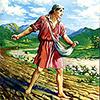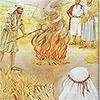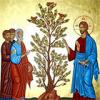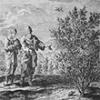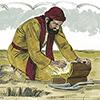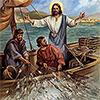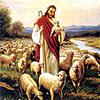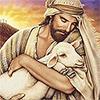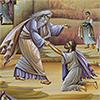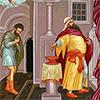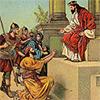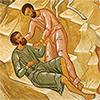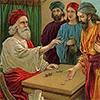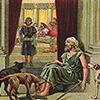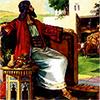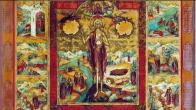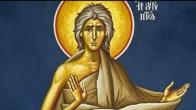Since the time of the primitive Christian Church, a story told by Jesus Christ as an illustration of His teaching has been called a parable (in Greek, "parabole"). At the root of the Greek word "...
Introduction
Part 1
-
The parable of the Sower and the other parables, set forth in the 13th chapter of the Gospel according to Matthew and in the parallel places in the Gospels according to Mark and Luke, were spoken by...
-
In the parable of the sower and the seed, the discourse was about how men accept the word of God in different ways, and how this word affects men in different ways. In the next parable that of the...
-
Continuing to explain the meaning of the Kingdom of God on earth, that is, the Church the society of those who believe in Him and do His will Christ utters the parable of the Seed that Grows...
-
We encounter the parable of the mustard seed in three of the Evangelists: Matthew (13:31-32), Mark (4:30-32) and Luke (13:18-19). Here is how the Evangelist Matthew tells it: The kingdom of heaven is...
-
The parable of the leaven is preserved by the Evangelists Matthew (13:33-35) and Luke (13:20-21). This brief parable is set forth by the the Evangelist Matthew thus: The kingdom of heaven is like...
-
If the parable of the leaven spoke of the hidden, transfiguring action of the Gospel preaching and the grace of God on separate individuals, the next parable after it, that of the treasure hid in the...
-
The parable of the pearl, which we encounter in the thirteenth chapter of the Gospel according to Matthew, in the profundity of its meaning is very much like the previous parable of the treasure hid...
-
We find the parable of the net cast into the sea in the Thirteenth Chapter of the Gospel according to Matthew: Again, the kingdom of heaven is like unto a net, that was cast into the sea, and...
Part 2
-
Many of the Gospel parables are easily retained in the memory, especially those that tell of God's loving kindness. At a mere mention of the parables of "The Prodigal Son", "The Good Samaritan", "The...
-
A Roman procurator, who officially represented the Roman emperor, ruled Judea in the Saviour's time. At the same time, as though side by side, but actually also under [Roman] authority, there was a...
-
We find the parables of the "lost sheep" and the "lost drachma" in the Gospel according to Luke: What man of you, having an hundred sheep, if he lose one of them, doth not leave the ninety and nine...
-
The parable of the Prodigal Son is one of the most well known. Some of its expressions have passed into the ordinary, spoken language, while several illustrations and pictures relating to it are well...
-
Continuing to denounce His adversaries, especially the Pharisees, Christ utters a parable that supplements the preceding two - those of the lost sheep and the prodigal son. The following parable - of...
Part 3
-
I am come that they might have life, and that they might have it more abundantly… I lay down my life for the sheep.. I am the good shepherd… I am not a hireling who careth not for the sheep… And...
-
The Saviour said more than once, Forgive, and ye shall be forgiven (Luke 6:37; cf. Mark 11:25-26), setting forgiveness of our neighbors by us as the indispensable condition for forgiveness of us by...
-
The parable of the Good Samaritan is well known to many of us from childhood. It is customary to think that we know it well. But do we? On the face of it, we sort of know it. But really, it is only...
-
The parable of the unjust steward was told by Jesus Christ immediately after the parable of the prodigal son, in which God's mercy toward a sinner, who had consciously given himself over to a sinful...
-
The parable of the rich man and Lazarus gives us an example of an extremely foolish utilization of material goods, and it raises slightly the curtain covering certain mysteries about man's portion...
-
A certain man once appealed to Jesus Christ with a request to order his brother to divide an inheritance with him. Christ declined this request, for He came not in order to hear lawsuits within the...


